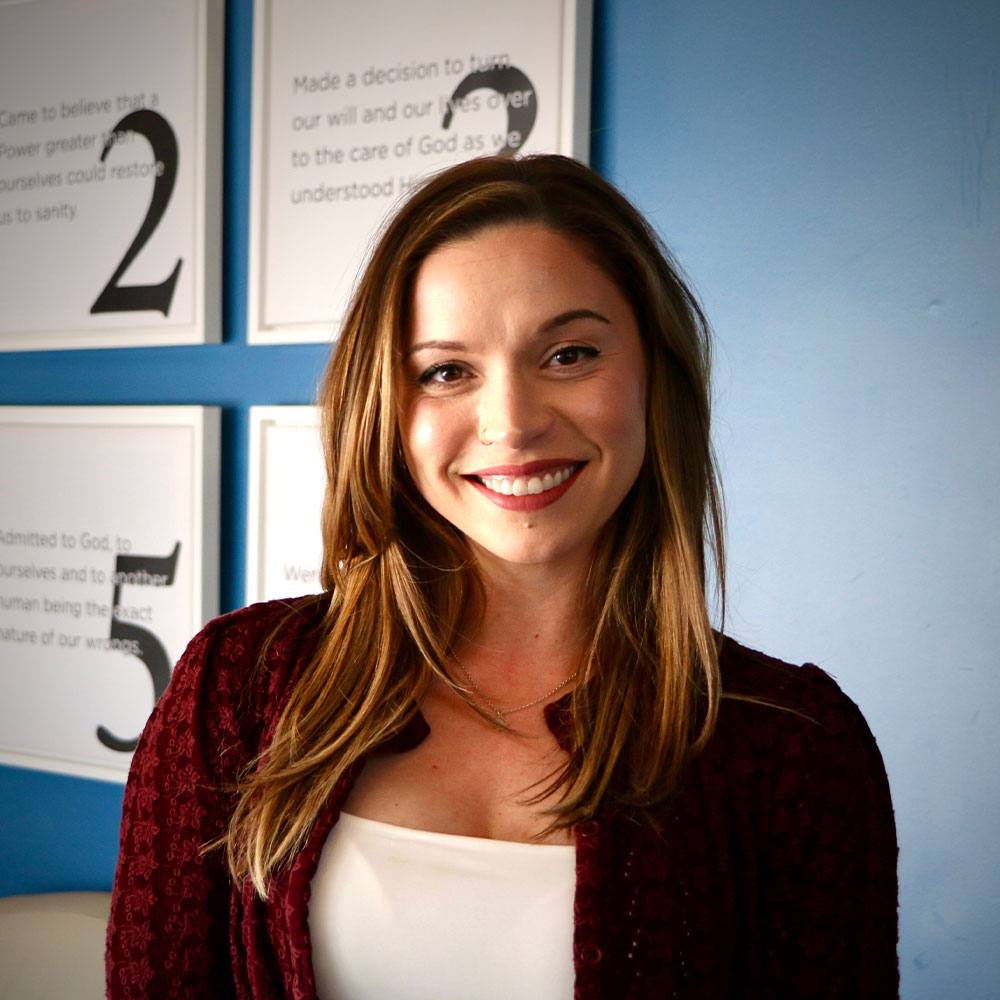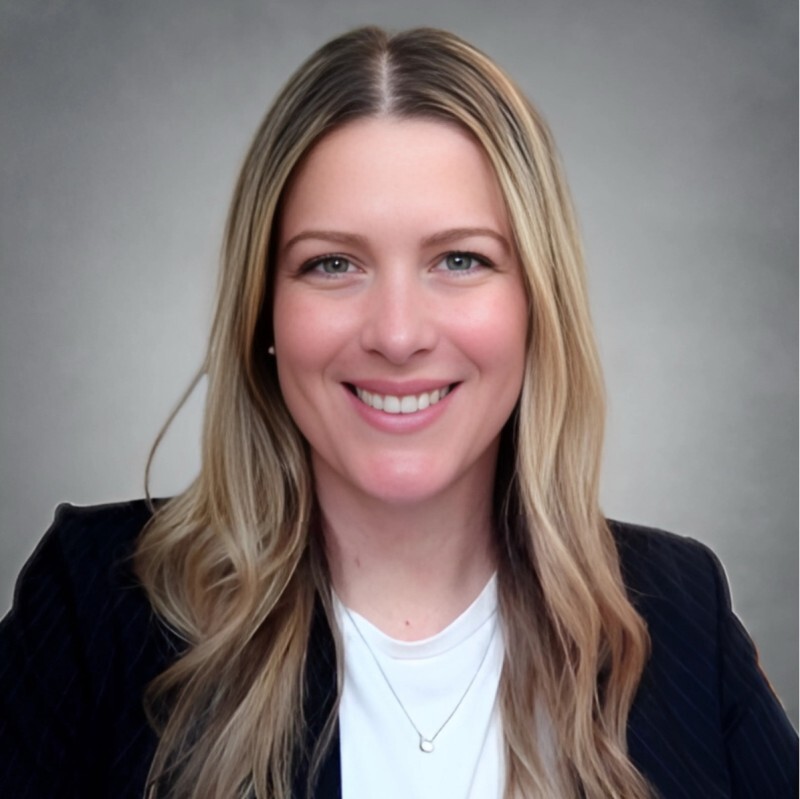News headlines are filled with stories about substance use disorder: “pill mills,” “doctor shopping” and counterfeit prescription drug manufacturing. These are real problems however, they are surprisingly not the primary supplier of prescription drugs. More than any other place, adolescents and young adults get these drugs from their parents or friends medicine chest. It’s even become a problem with real estate sales, where people show up to see a house just to look for medication in the bathroom cabinet! When prescribed medications, people are not even aware that they have become a supplier.
Even more alarming is that teens who abuse these substances think they’re “safe” because a doctor has prescribed them! To be clear – prescription opioids can be just as powerful and deadly as illicit opioids like heroin.
What You Can Do To Potentially Prevent Substance Use Disorder
Luckily there are steps you can take to ensure safe disposal of your medicines, including:
Lock Your Meds — Never store narcotics or potentially addictive drugs in the medicine cabinet. Teens, someone performing work in your home, a delivery person—can easily access your meds. If storing your medications in the medicine cabinet is your only option, add a lock to the cabinet and hide the key. Always store any and all medications in a locked area out of children’s reach. Ask your pharmacist to provide medication bottles with child-resistant caps.
Keep a Log of Your Treatments — Keep a list of the medications in your home, especially those prone to abuse. Also, periodically count the medications remaining in the container, and make sure that it’s the correct amount.
Don’t Save Your Meds for “Next Time” — After your condition has been treated and your prescription treatment is complete, properly dispose of your drugs. Never keep extra medication for potential use in the future.
Safe Disposal — Since specific disposal instructions are provided on the label, you should follow them whenever possible. Otherwise, remove the medication from its original container and mix it with used coffee grounds, kitty litter or saw dust. Disposed them in the trash in a seal-able bag. Most pharmacies and police departments will allow you to hand over unused medications for proper disposal. Never flush your medications down the toilet.
Never Share Your Medication — Doctors prescribe your medication and dosage specifically for you and your condition. Consequently, sharing your medications with another person, especially children, could lead to dangerous interactions and serious side effects.
Protecting Your Family & Getting The Help You Need
Most of all, by following these steps, you can help protect your family and friends against the potential substance use disorder. Specifically, when it comes to the misuse and abuse of prescription medications.
Loved one suffering from substance use disorder? We can help. Click here or call 1-800-RECOVERY today to learn more and get started.







